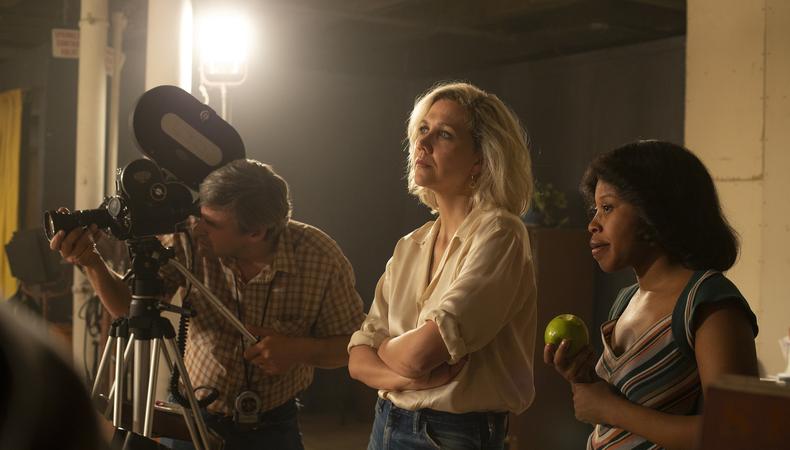
NWCDTP funds Intimacy Directors and Coordinators training
In the wake of the #MeToo movement, guidelines were developed in the film industry for working with intimacy on screen. One of the stipulations asks for a dedicated specialist who can advocate for cast and crew in matters of consent and who is responsible for choreographing the moments of intimacy in a scene. This person is called the Intimacy Coordinator (IC).
Michaël, a former dancer turned filmmaker, is researching this emergent practice to develop an ethical approach in facilitating creative agency. Through the study of movement analysis and improvisation methods in film, he challenges the notion that intimacy on-screen needs to be choreographed step by step and offers that an ethical interplay between agency and consent can drive the creative process.
In 2022, SAG-AFTRA, one of two major US labour unions for screen performers, accredited nine IC training programmes for ICs, including the certification programme by Intimacy Directors and Coordinators (IDC).
Michaël successfully obtained NWCDTP funding to complete the IDC’s final training component in a series aimed at forming Intimacy Coordinators and the last step before a mentorship phase.
Here are Michaël’s conclusions:
In filmmaking, specifically directing actors, a growth mindset and a sense of adaptability are of great importance. In a continuous and ever-developing dialogue between one’s own assumptions and the wider human condition, an eagerness for self-discovery allows the filmmaker to craft stories charged with authenticity and primed for impact.
Navigating the interaction between characters, the well-being of the actors portraying these characters, and clarity in storytelling is challenging as is and never more so than in highly vulnerable, hyper-exposed scenes of intimacy. An in-depth appreciation of personhood, identity, boundaries, trauma, and creative impulse must be acquired. These soft skills cannot stand on their own, however, but have to work hand-in-hand with practical considerations of working on a film set and the larger requirements of the industry.
This film industry, however, has a poor track record in catering to the well-being of the cast and crew. In the wake of the #MeToo movement and the abuses it laid bare, a clear response was formulated by movement practitioners in theatre and film, further shaping the already emergent role of the intimacy coordinator.
Despite the obvious need for a consent culture and for a semi-independent advocate to support such a culture on the film set, IC practice has to contend with some pushback. This reluctance often hinges on a fear of change, an ignorance of how an IC integrates with the creative process, and an aversion to what is unjustly seen as a kind of virtue police.
As a former dancer and choreographer turned filmmaker, I sought to engage with IC practice from within the industry. Having completed an accredited IC training programme, I am now well-positioned to engage with the pushback of this practice at times encounters. My focus here, coming from the world of theatrical dance, will be on applying improvisation to scenes of intimacy in order to demonstrate the creative potential of IC practice and how it can contribute to, rather than detract from, intimate storytelling. Doing so is a powerful celebration of the human condition, of creativity, and of intimacy.


0 Comments